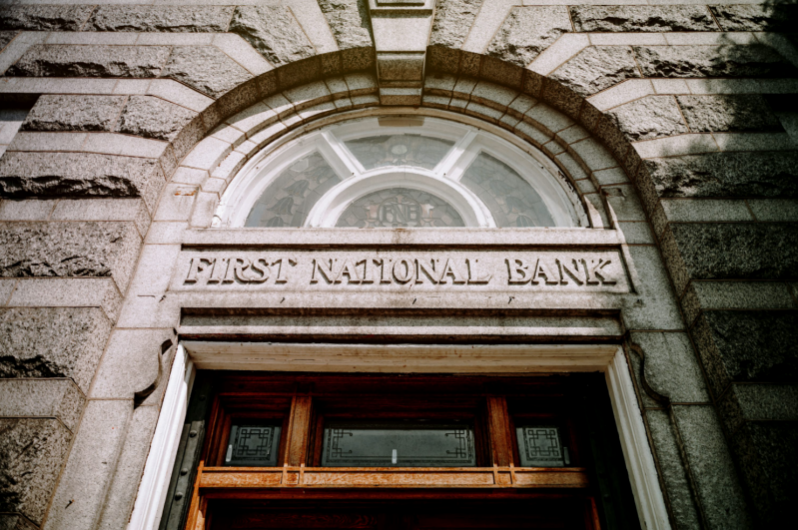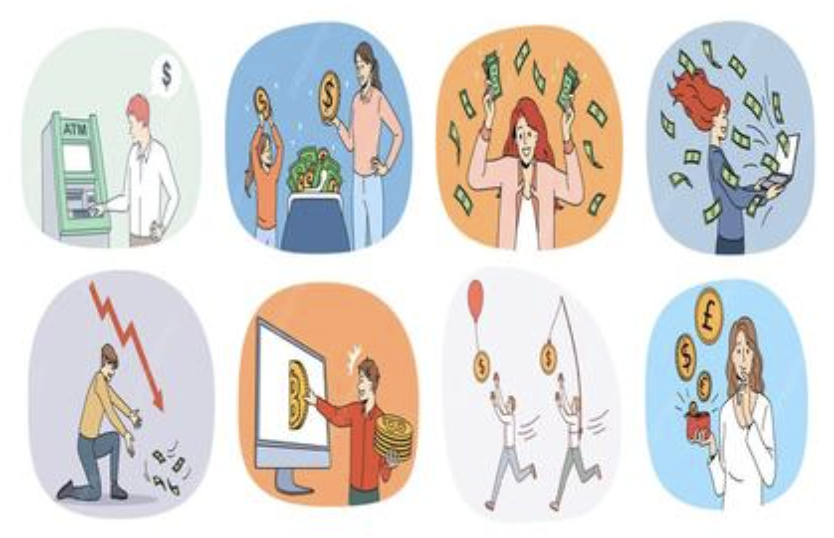In the territory of the financial world, banks occupy a decisive position. However, the cloud of banking crisis sometimes hangs over them, causing market turmoil and investor panic. The reasons behind it are complicated and multifarious.

From the macro-economic perspective, the fluctuation of economic cycle is one of the important causes of banking crisis. During the period of economic prosperity, enterprises were in good operating condition, with strong repayment ability, bank loan business expanded rapidly, and the non-performing loan ratio remained at a low level. However, when the economy enters the recession stage, enterprises are faced with the dilemma of shrinking market demand, falling profits and even losses, and their repayment ability is greatly weakened, which leads to a sharp increase in the non-performing loan ratio of banks. At the same time, the economic recession may be accompanied by inflation or deflation. Whether the rising prices make the cost of enterprises difficult to control and the debt burden increase, or the falling prices cause the asset value of enterprises to shrink and the sales income to decrease, it will have a serious negative impact on the asset quality and profitability of banks, thus triggering a banking crisis.
The sharp fluctuation of interest rate will also bring great risks to banks. The main business of banks is to absorb deposits and issue loans, and its profit depends on the deposit-loan spread. When the interest rate rises, the bank's capital cost increases, and the adjustment of the loan interest rate often lags behind, which leads to the narrowing of the spread and even the upside down, which reduces the bank's profit space. In addition, the rise in interest rates will also lead to the decline in the prices of financial assets such as bonds, and the value of a large number of bond assets held by banks will shrink, further weakening the capital strength and risk resistance of banks and increasing the possibility of banking crisis.

The management of the bank itself is also the key factor of the crisis. Excessive pursuit of scale expansion and short-term profits may lead banks to ignore loan risk assessment and issue a large number of high-risk loans. For example, in order to seize market share, some banks lend excessively to real estate developers and buyers when the real estate market is overheated. Once the real estate market bubble bursts and house prices drop sharply, a large number of default loans will appear, which will bring a heavy blow to banks. At the same time, the internal risk management mechanism of banks is not perfect, which can not effectively identify, evaluate and control risks, making banks vulnerable in the face of complex and changeable financial market environment. The failure of internal supervision may also lead to employees' illegal operation and fraud, which will seriously damage the reputation and asset safety of banks and eventually lead to a crisis.
Furthermore, the turmoil and contagion effects of financial markets will also bring banks into crisis. Under the background of global economic integration, financial markets are highly interrelated, and the violent fluctuations of stock market, foreign exchange market and bond market will affect each other and be transmitted to the banking system. For example, the stock market crash may cause investors' wealth to shrink, and the solvency of enterprises and individuals to decline, thus affecting the loan recovery of banks. The extensive participation of banks in the financial market makes their asset and liability structure closely linked with the market. Once a market is in crisis, it is difficult for banks to be immune to it, and the risks will spread rapidly in the banking system, triggering a systemic crisis, leading to many banks getting into trouble or even closing down.

The outbreak of banking crisis is the result of interweaving and interacting of many factors, which not only causes a devastating blow to banks themselves, but also has a far-reaching negative impact on the whole financial system and the real economy. Therefore, it is of great significance to deeply analyze the causes of banking crisis for maintaining financial stability and healthy economic development.





